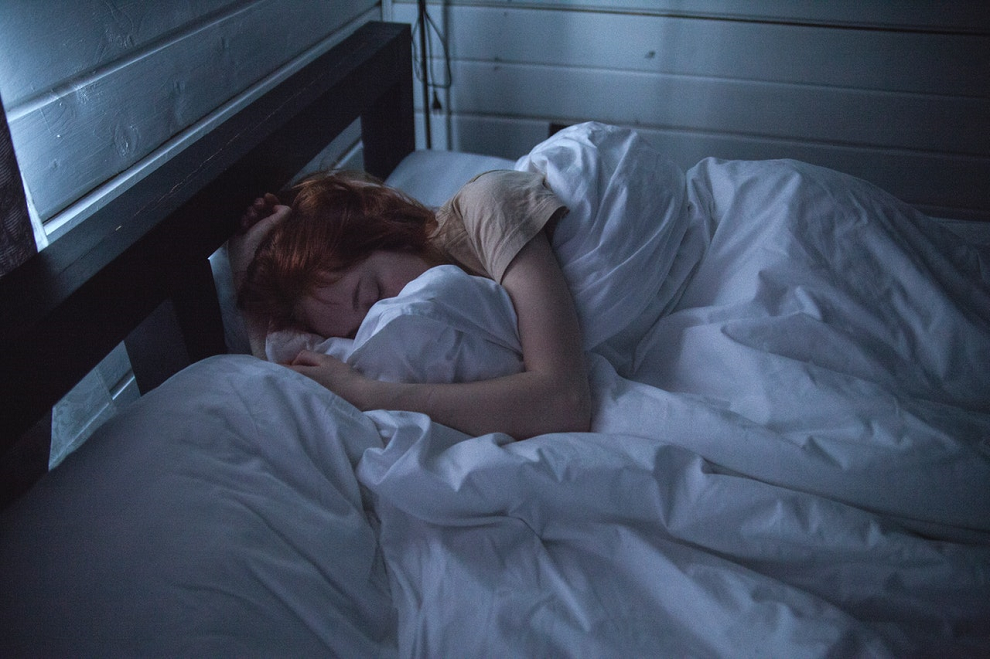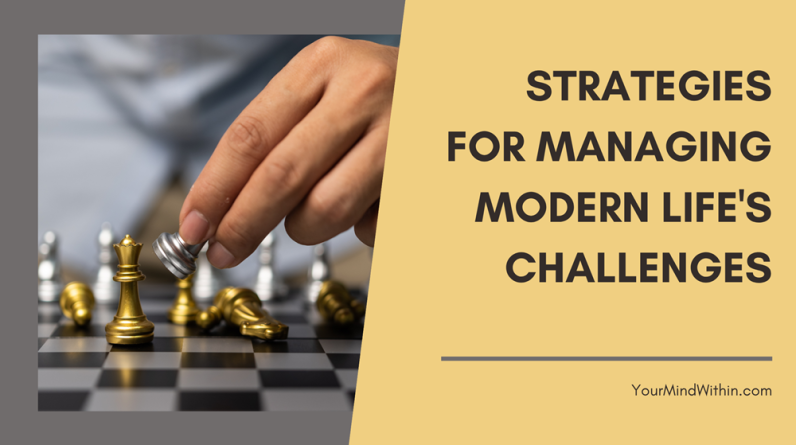
In her article, Restorative Sleep Is Vital to Brain Health, Psychology Today author Dr. Diane Roberts Stoler, Ed.D. says the following:
“Restorative sleep consists of the completion of all five stages of sleep, and also the chemical changes that occur within a twenty-four-hour period that allow the brain and body systems to be repaired, heal, and grow…During sleep, the brain is able to repair and grow cells, tissue, and nerves that regenerate and boost the hormone and immune system.”
Restorative sleep is your body’s way of healing itself and of processing information. Current research shows that getting good sleep and experiencing restorative sleep can help individuals live longer and have healthier lives. Those who do not experience good sleep are more likely to have health issues.
Getting the recommended number of hours of sleep is imperative in order to experience restorative sleep. If you don’t sleep long enough, you will not be able to get through all of the stages of sleep. All of the stages are important to help the brain process and heal. Research also suggests that getting too much sleep can have negative effects as well.
 Not only are the number of hours that you sleep important but how well that sleep is as well. If your sleep is constantly interrupted, then even if you are in bed the proper number of hours, you are still not getting good enough sleep to experience restorative sleep.
Not only are the number of hours that you sleep important but how well that sleep is as well. If your sleep is constantly interrupted, then even if you are in bed the proper number of hours, you are still not getting good enough sleep to experience restorative sleep.
One common interruption could be having a poor sleep environment such as loud roommates or an uncomfortable mattress.
Another common interruption is injuries or illnesses. These can make it hard to experience a full night of sleep as you are often waking up to deal with pain or other symptoms.
Restorative sleep is a great way to take care of yourself. If you find that you aren’t getting the sleep you need, take a look at the reasons why.
Do you spend too much time on an electronic device before bed? The light from electronics can make it hard for us to go to sleep. Try not to look at electronics right before bed. If you need a distraction, you could try reading a paperback or hardback book.
Is your Environment Ideal for Sleeping?
Some people need to have complete silence while they sleep. Others need a constant, steady noise. To get a steady noise, try turning on a fan or using a white noise machine. Is there too much or not enough light in your room? Try investing in some black-out curtains or a night light. Do you tend to be too hot or too cold during the night? Put some cool sheets on your bed or have extra blankets nearby.
Discovering the environment that allows you to get the best sleep is ideal. Once you discover it, be sure to take steps so that the environment can be achieved.
Sleeping partners could be playing a positive or negative role on your sleep. For some individuals, sleeping with a human or animal can be very relaxing and help them get to sleep quicker and feel better. For others, having that extra body in the bed only causes problems and interruptions to your sleep.
Knowing what works best for you is the first step to take in order to achieve restorative sleep. How well you rest right now will determine a lot about your future health. Take care of your body and put in the effort to give it what it needs. The brain is designed to heal itself and your body, all you have to do is give it a chance.









